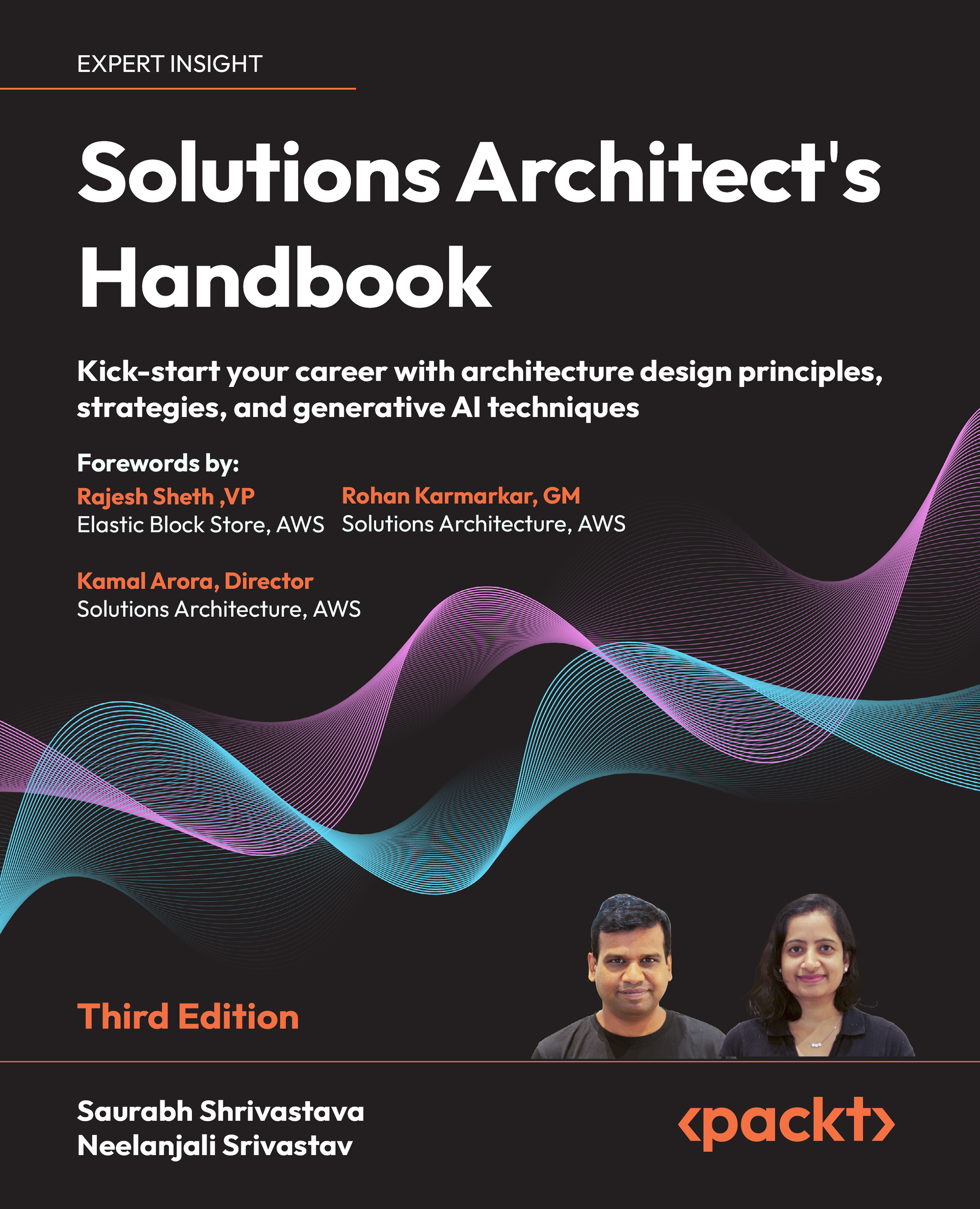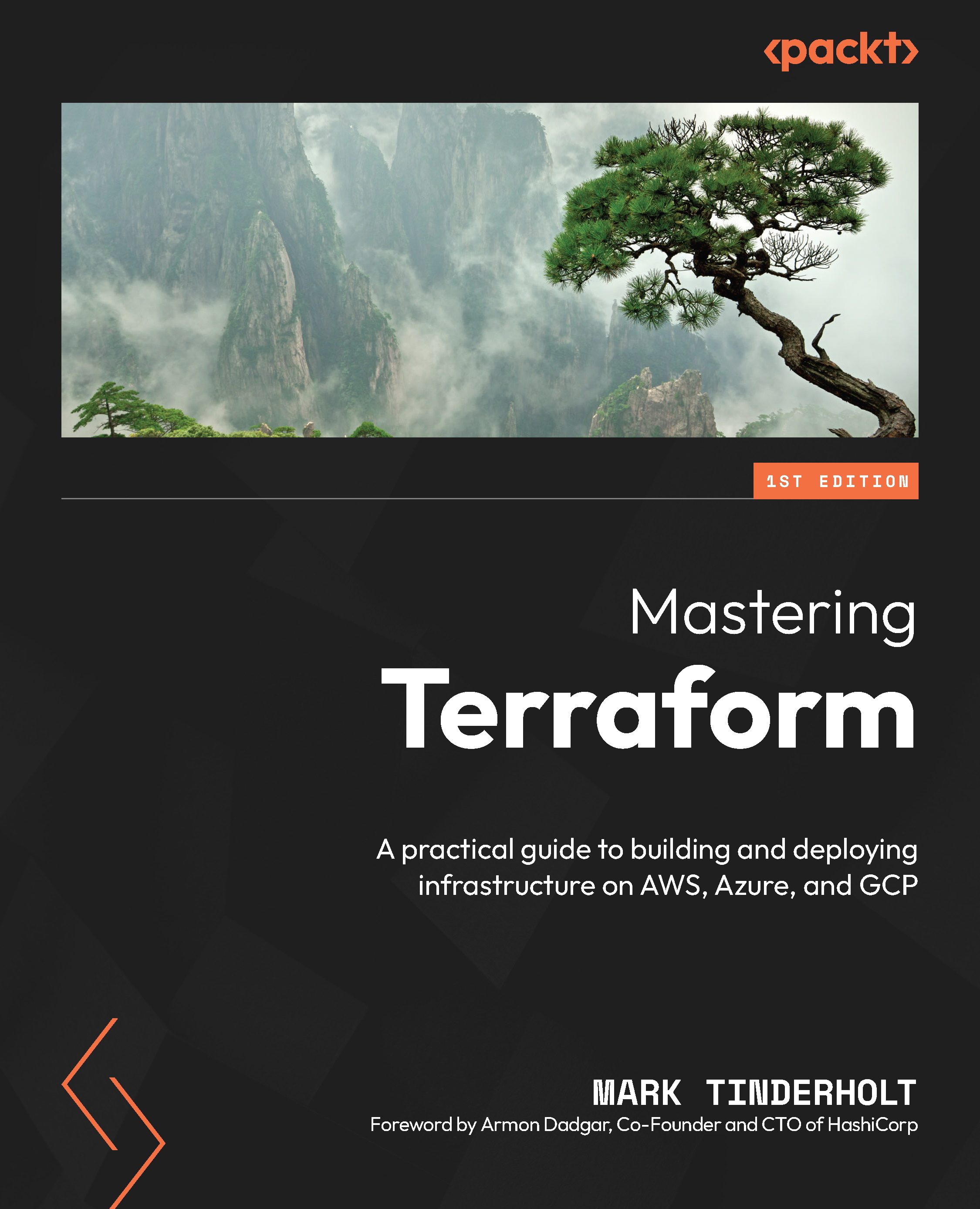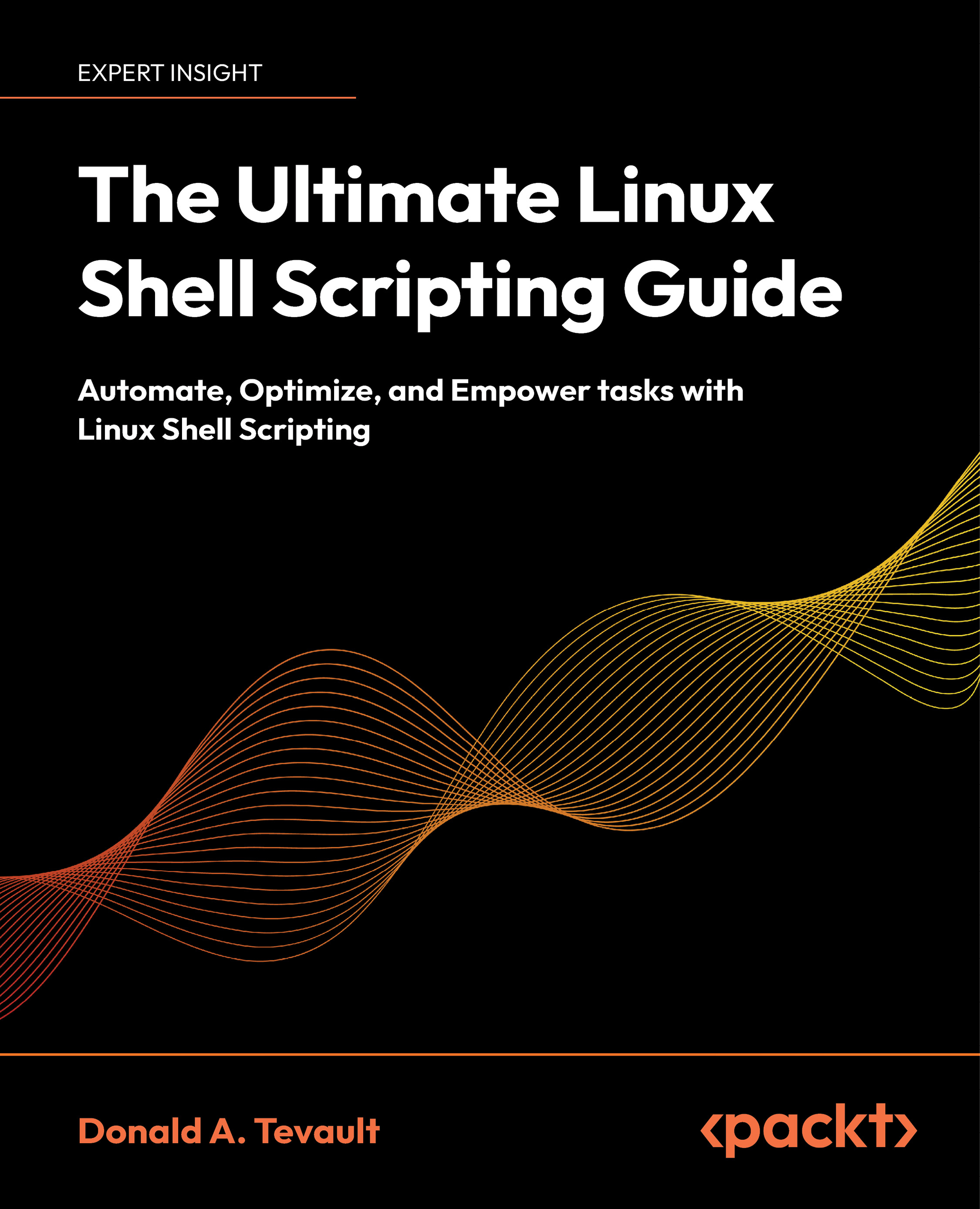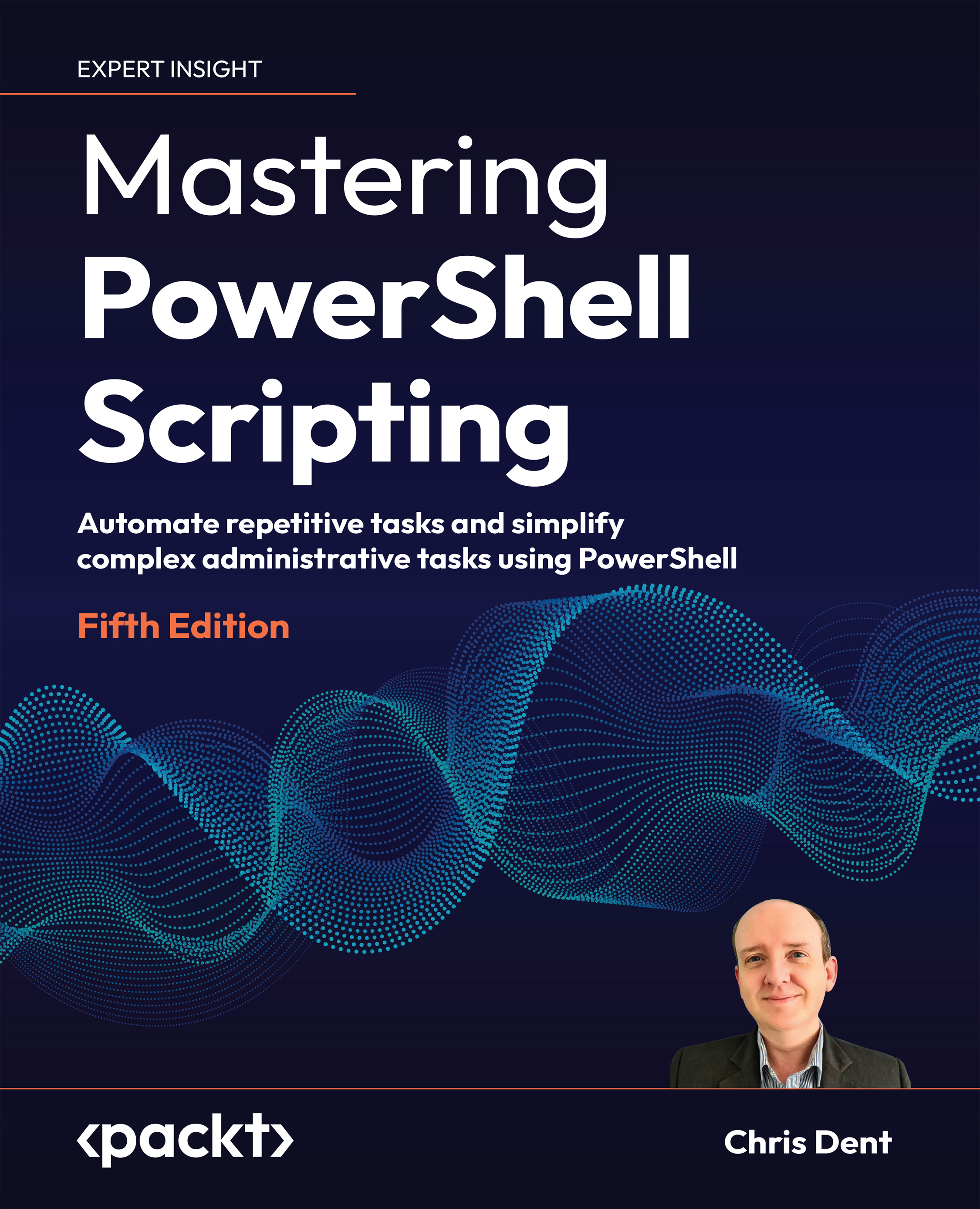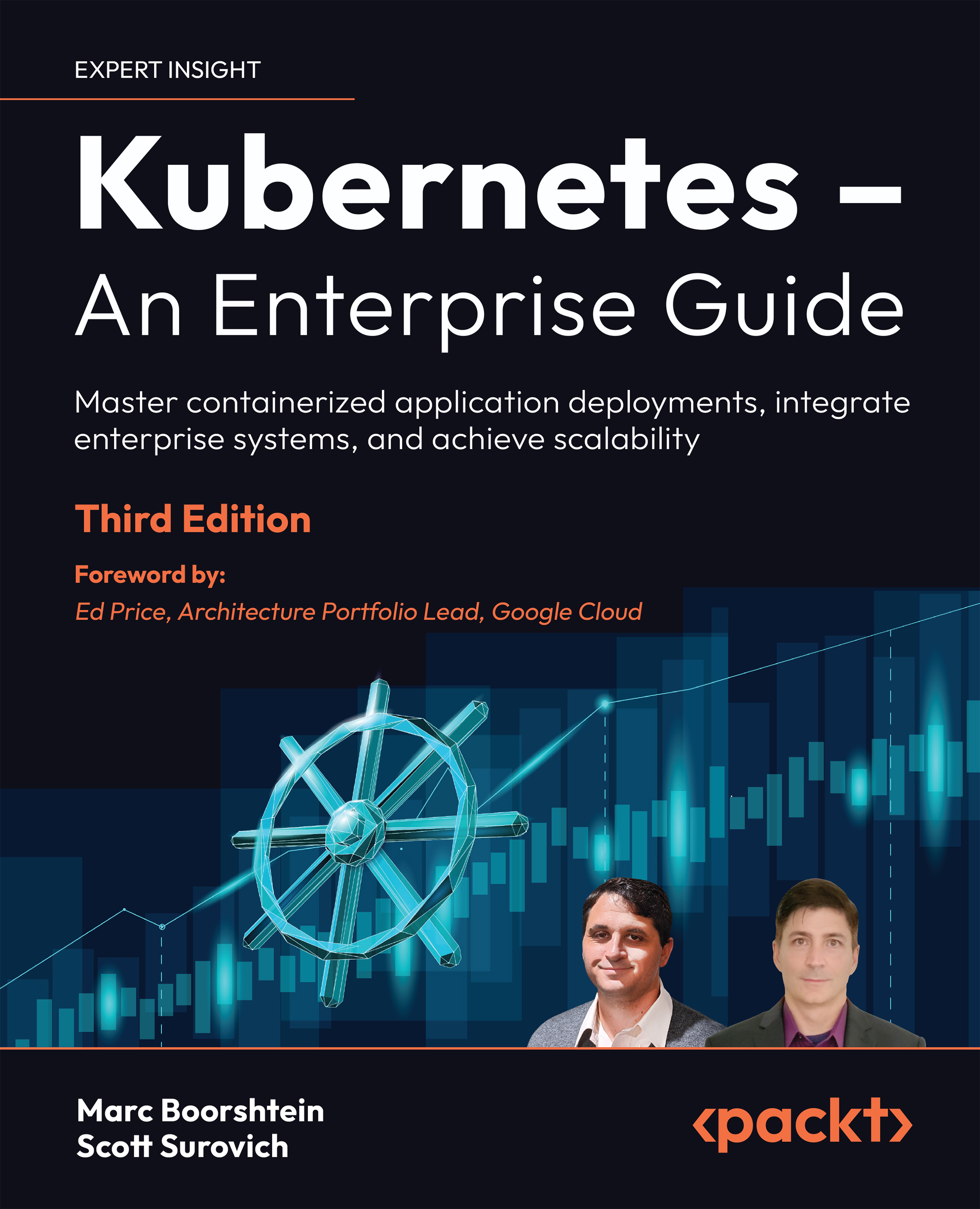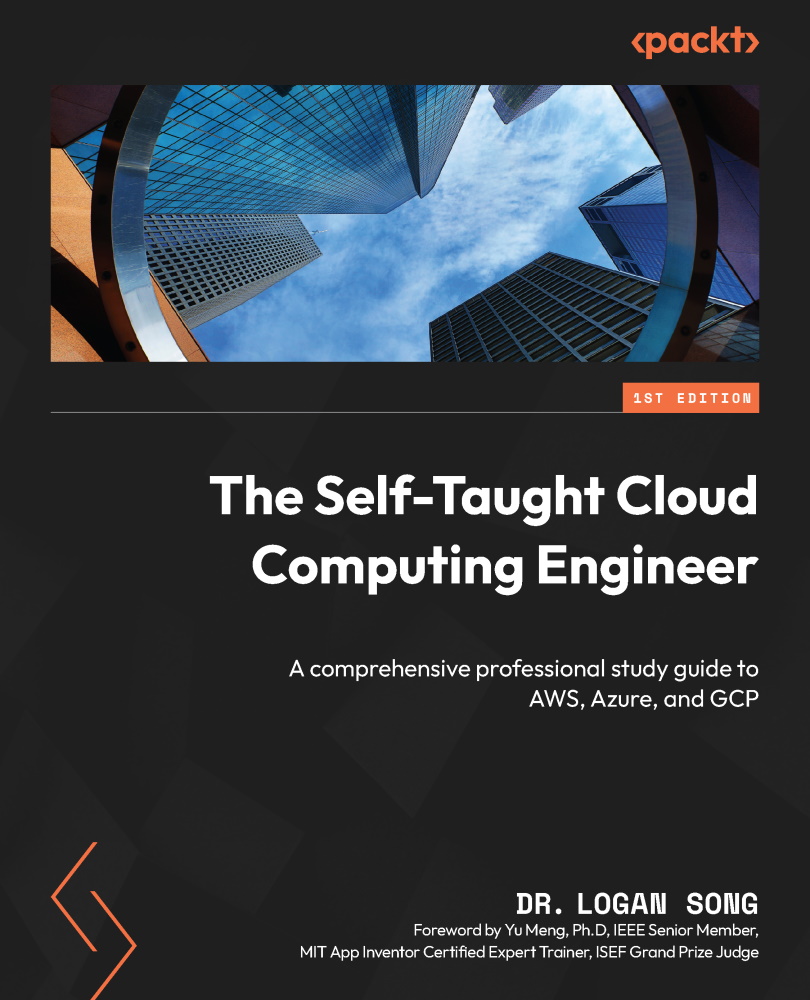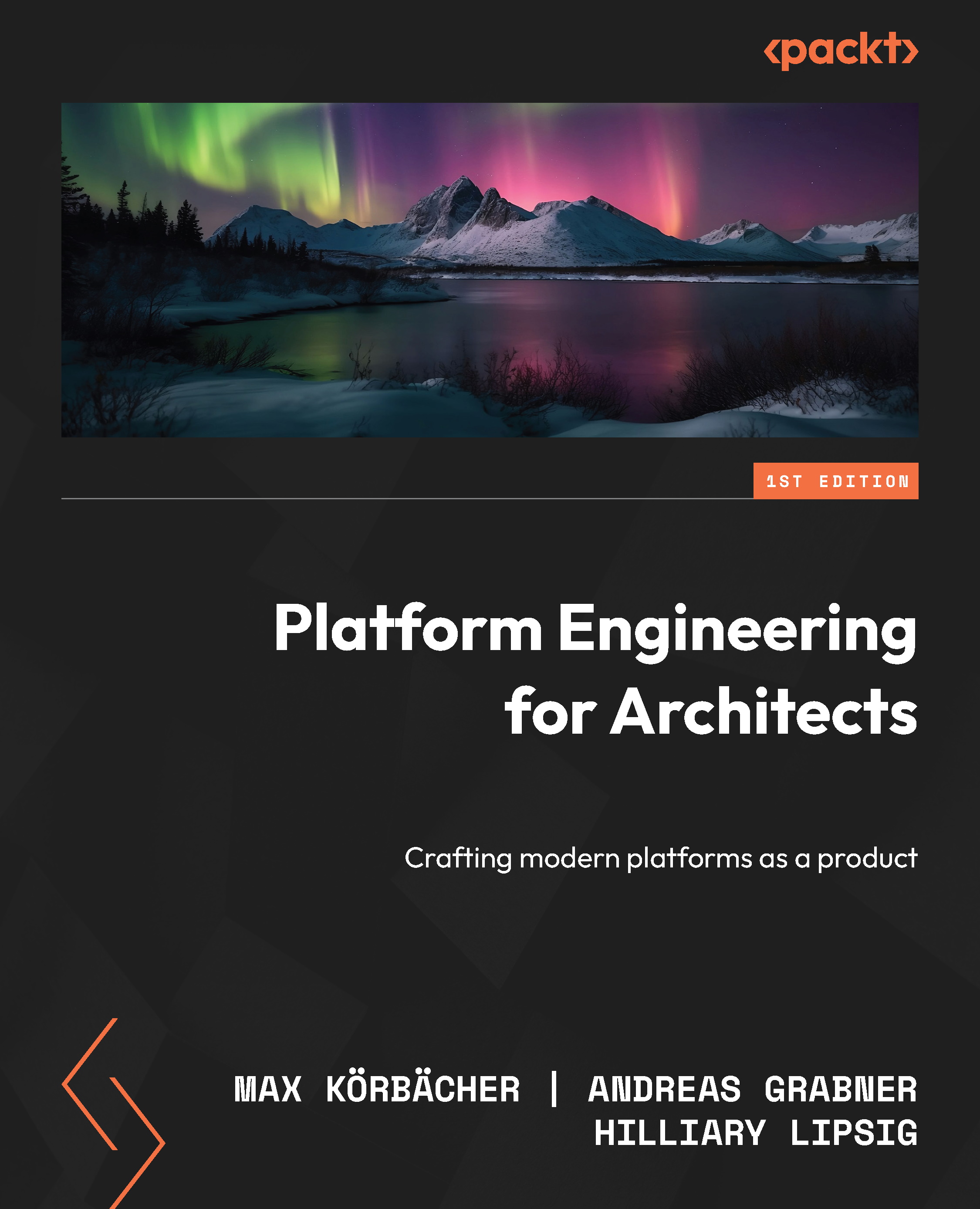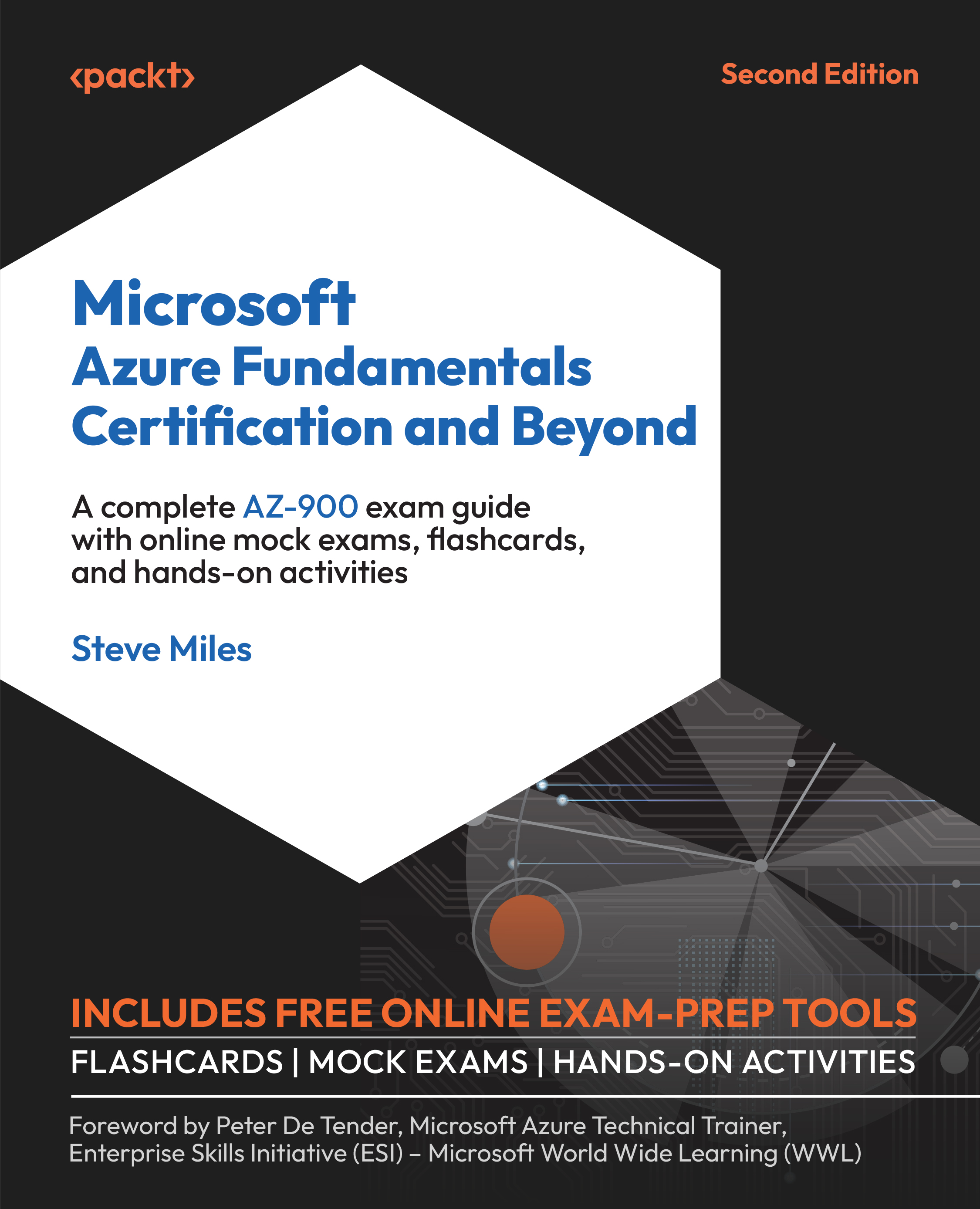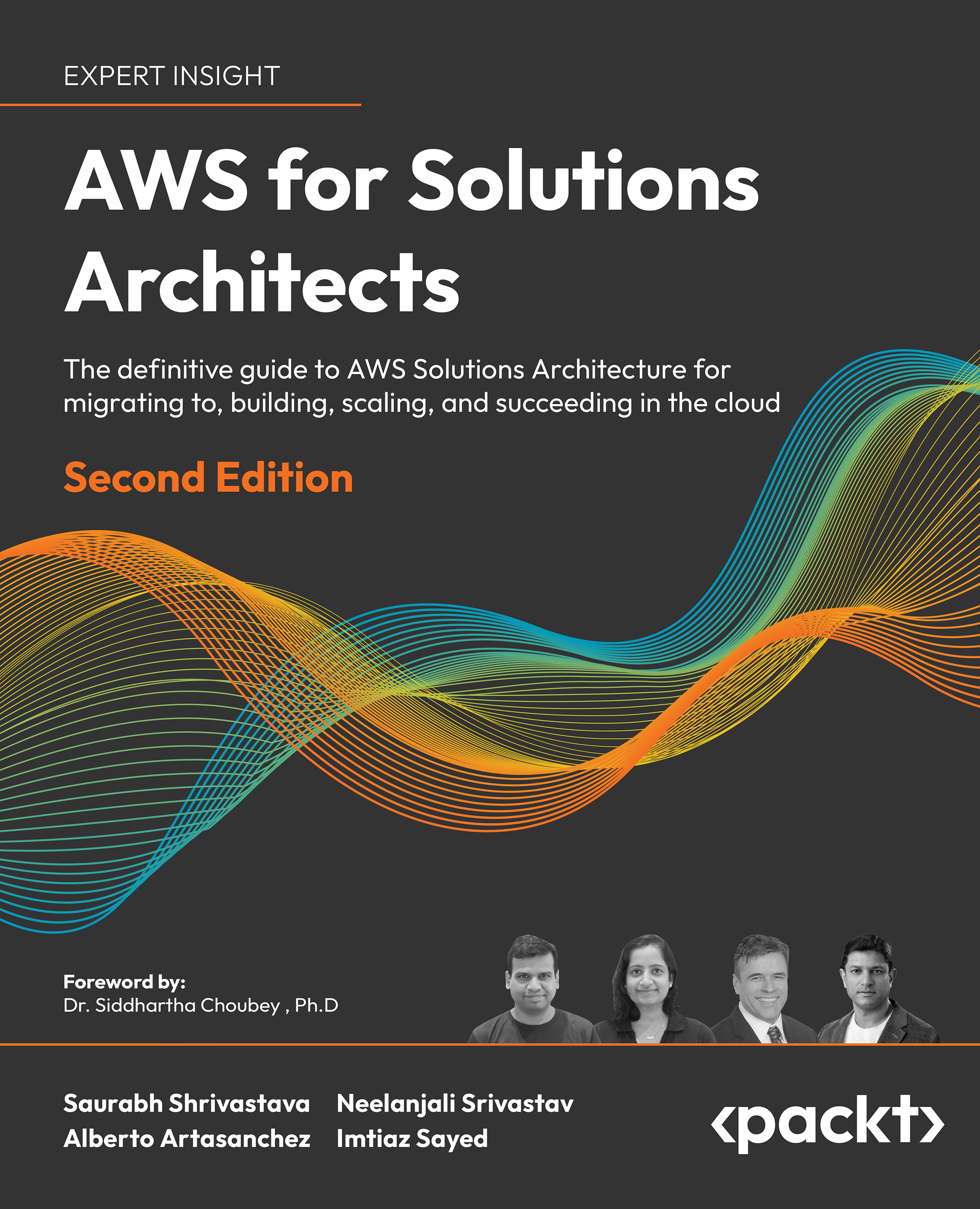Now we know the different combinations, let's try and answer the following questions:
- Are all the infra-up clouds private?
- Conversely, are all the service down clouds public?
- Can infrastructure up clouds be used only to serve IaaS?
You get the idea! Now, let's take a close look at the answers to these questions, and then try to decipher what circumstances might impact our decision of which cloud to use.
So a statement of fact would be, while all infra-up clouds are not private, most of them are. As an exception to this rule, a public cloud provided by Vodafone runs on VMware vRealize Suite, thereby making it an infrastructure up cloud.
The same thing is applicable to service down clouds. They are mostly used as public clouds, however, if one has a private OpenStack deployment, then it is still a service down cloud. As an example, Cisco, SAP, Intel, AT&T, and several other companies have massively scalable private clouds running on OpenStack (thereby making it a service down cloud)
While infrastructure up cloud orchestrators technically provide IaaS by default, there have been some who take it to the next level by providing Database as a Service (DBaaS) and so on.
The following section attempts to provide a few circumstances and some points you should consider when choosing the right kind of cloud:
- DevOps/NoOps:
- In this, when we want to give more control to the development team rather than the infra team, you should choose a service down cloud
- Depending on your current data center footprint, cost requirements, compliance requirements, scaling requirements, and so on, you would choose to use a public or a private cloud
- Depending on the desired type of customization of the platform, one would use IaaS (more customization) or PaaS (less customization)
- Self-service:
- Depending on complexity, you would choose infra-up (less complex) and service down (more complex)
- Integration of enterprise tools:
- If this is our primary motive, then infra-up sounds like the most likely choice
- The private cloud is also our only option, because public clouds are few and don't allow very much customization
- Moving to next-generation/advanced architectures:
- If we intend to move to next generation architectures, including the likes of containerization, use of cognitive services, machine learning, artificial intelligence, and so on, we choose a service down public clouds (and Hyperscale - for example, AWS, Azure, or GCP).
We should try and escape the biases posed by the Law of the instrument, as stated in the following, and design clouds as per the needs and strategies of the organization, rather than what we know of them:
I suppose it is tempting, if the only tool you have is a hammer, to treat everything as if it were a nail.
- Abraham Maslow, 1966
We can now appreciate, the non mutual-exclusivity of the different demographics and therefore, the products in the field.
The following image shows different products in the field, and the area that they predominantly play in. We will take a look at these in detail in the next chapter, including the products and alliances in order for them to compete in the hybrid cloud world:
 United States
United States
 Great Britain
Great Britain
 India
India
 Germany
Germany
 France
France
 Canada
Canada
 Russia
Russia
 Spain
Spain
 Brazil
Brazil
 Australia
Australia
 Singapore
Singapore
 Hungary
Hungary
 Ukraine
Ukraine
 Luxembourg
Luxembourg
 Estonia
Estonia
 Lithuania
Lithuania
 South Korea
South Korea
 Turkey
Turkey
 Switzerland
Switzerland
 Colombia
Colombia
 Taiwan
Taiwan
 Chile
Chile
 Norway
Norway
 Ecuador
Ecuador
 Indonesia
Indonesia
 New Zealand
New Zealand
 Cyprus
Cyprus
 Denmark
Denmark
 Finland
Finland
 Poland
Poland
 Malta
Malta
 Czechia
Czechia
 Austria
Austria
 Sweden
Sweden
 Italy
Italy
 Egypt
Egypt
 Belgium
Belgium
 Portugal
Portugal
 Slovenia
Slovenia
 Ireland
Ireland
 Romania
Romania
 Greece
Greece
 Argentina
Argentina
 Netherlands
Netherlands
 Bulgaria
Bulgaria
 Latvia
Latvia
 South Africa
South Africa
 Malaysia
Malaysia
 Japan
Japan
 Slovakia
Slovakia
 Philippines
Philippines
 Mexico
Mexico
 Thailand
Thailand



